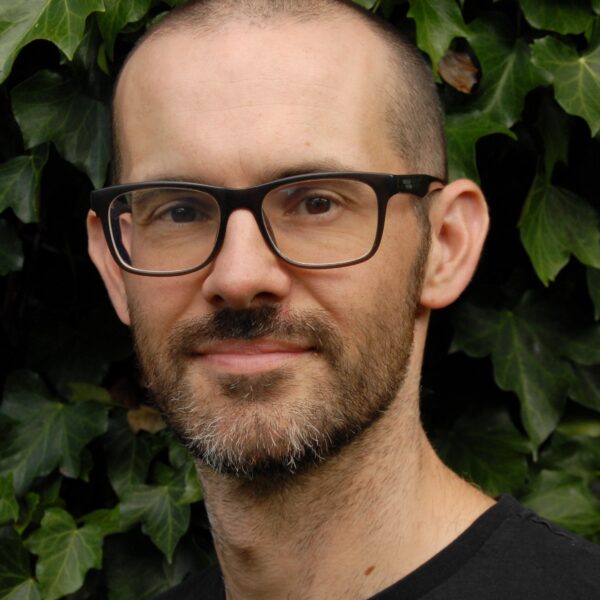What makes for a good relationship between a donor and a fundraiser? Jessica Maybanks considers the characteristics.
Philanthropy Right Now:
Can we agree to disagree when it comes to philanthropy?
‘Philanthropy Right Now’ is a monthly opinion column for Beacon Collaborative. It features commentary and though-pieces from experts working in UK philanthropy. In this month’s column, Rhodri Davies (Philanthropy Expert in Residence at Pears Foundation) highlights the necessity of introducing nuance into today’s binary philanthropy debates.
Philanthropy, as I never tire of telling anyone who will listen, is a curious and complex thing. At a micro level it is all about the choices of individuals, which are deeply personal and reflect ingrained cultural and ethical values (not to mention a whole host of conscious and unconscious biases).
But at a macro level it is also a key mechanism for the redistribution of resources- alongside the state and the market – so it raises fundamental questions about liberty, justice and what we want our society to look like.
As a result, there is always the risk of conflict when discussing philanthropy, as it can bring to light deep-seated differences in opinion and ideology. Navigating these challenges requires that we embrace nuance and are willing to at least try to see issues from other points of view.
“There is always the risk of conflict when discussing philanthropy.”
Sometimes we even need to hold multiple conflicting, and quite possibly contradictory, thoughts in our head at one time. This should not be impossible, but in an age of increasing polarisation and polemic it feels increasingly difficult.
The culture war narratives that have taken hold in the media imagination are part of the problem. They push us to view complex issues in overly-simplistic terms and demand that we “choose sides” based on stark dividing lines, when in reality there are often large swathes of grey area.
These narratives also encourage us to “other” those who disagree with us; seeing them not as people with legitimate different points of view, but as “enemies” with whom we should not even engage.
Social media is almost certainly another factor here. The economics of the online “attention economy” have created further incentives to simplify complex issues and present them in ways that stoke argument and division to keep us clicking.
“The tendency of social media to create filter bubbles[…] leads us to hold views more dogmatically.”
Likewise, the tendency of social media to create filter bubbles in which our own views are echoed and amplified can leads us to hold those views more dogmatically and to see anyone who disagrees with us as “the enemy”. And these problems may well get worse.
The news that Elon Musk is to buy Twitter, for instance, was greeted with dismay by many who fear that his self-proclaimed love of free speech and his own abrasive public persona herald a new era of further coarsening of the online sphere.
The challenge for philanthropy is that this all comes at a time when it is already having to adapt and evolve in the face of major social, political and technological changes; as well as growing scrutiny and critique of the influence of wealth in our society.
For those of us keen to help that evolution happen, it is more vital than ever that parties with a wide range of views about the legitimacy and role of philanthropy are able to engage productively and in good faith.
The danger otherwise is that rather than the nuanced (but probably not always easy) conversations we need to be having in order to move things forward, we instead get only empty debates that collapse into “philanthropy is good” or “philanthropy is bad”.
And that benefits no-one.
Rhodri Davies is a widely-respected expert and commentator on philanthropy and civil society issues. He is the author of Public Good by Private Means: How philanthropy shapes Britain, which traces the history of philanthropy in Britain and what it tells us about the modern context.
Following his role as Head of Policy at Charities Aid Foundation, Rhodri is now Philanthropy Expert in Residence at Pears Foundation. He is also working as a Pears Fellow in the Centre for Philanthropy at the University of Kent.

